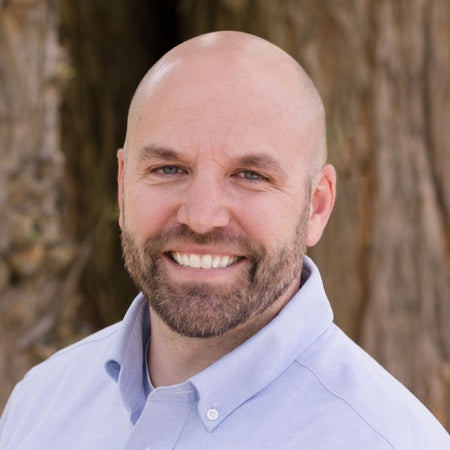Finishing to never end
Every time I finish a Bible study or discussion group I have a sinking feeling that I haven’t finished. Recently I realized why.
I have the privilege of teaching the Scriptures several times most weeks; I lead a Sunday School (non-US readers, this means adults), a small group, a men’s group, and a discussion with two ministry apprentices. And despite knowing better, I’d subtly gone back to my default approach of leading.
I am by nature a content disseminator: I download information onto others. By God’s kindness, I trust that it’s good information that’s faithful to the intent of the text, rhetorically encapsulated to keep attention (as best as I’m able), honouring to the evangelical heritage that I fall fully in line with. But when I lead like this, am I just producing a bunch of people who get good, faithful and interesting content—and yet do nothing with it?
I do trust in God’s word and his Spirit to ‘do’ things—mature believers and work out his plan— even when we aren’t consciously active. But still… am I producing a bunch of content consumers? Are they subtly being trained to come to groups or classes to get good information and move on to the next place (a sermon, a podcast, a book, a blog) and gather more good content (probably better!)?
I had to go back to advice I first took long ago, advice that isn’t novel but is easily forgotten or assumed. I needed to remember the differences between teaching and training.
Teaching is right and good and necessary, and it imparts information. We teach people the deposit of truth passed down to us from Jesus, the Apostles and all of God’s Scripture. We do this teaching because it’s important that Christians grasp foundational beliefs of the faith (certainly the historical practice of teaching the catechism falls under this banner).
But it can’t stop there. Teaching must bleed into training if we want people to go and make disciples of all others. Training is imparting a skill. Foundational to training is developing the urgency in the listener that what they’re learning is meant to transform both them and those around them. Developing the skills and competencies to do that comes next.
In my experience of church life, this training has often been separated out from teaching. For example, a class on evangelism is seperate to a class on Mark’s Gospel. Now set and specific training times for Christians are right and helpful, but what if we brought the two together more often and more naturally? What if every time we gather in a Bible study or one-to-one we train people to pass on the truths discussed? What if we not only tell them that they should spread these all-important ideas to everyone they know but also equip them to do so?
How can we do that? That’s probably a subject for another email. But to start (or re-start in my case), there needs to be a shift in thinking about what we are doing when we teach the Bible. My friend and colleague Tony Payne told me regarding small group leadership: “Not only must we lead others to the word, we must train them to lead each other to and in the word.”*
With this mindset, I can start actually finish studies and talks well (though it doesn’t always need to take place at the end of the talk!). By encouraging and training people to pass on the truths they are learning, my hope and prayer is that those truths won’t stay in that room or end with those people.
Warmly in Christ,
Marty Sweeney
Executive Director USA
* Tony told me this while discussing his recently finished doctoral work. He spent his time studying the ‘one another’ passages in the New Testament and the nature of that kind of speech. Stay tuned to these emails for more of what Tony has learned on this topic.









